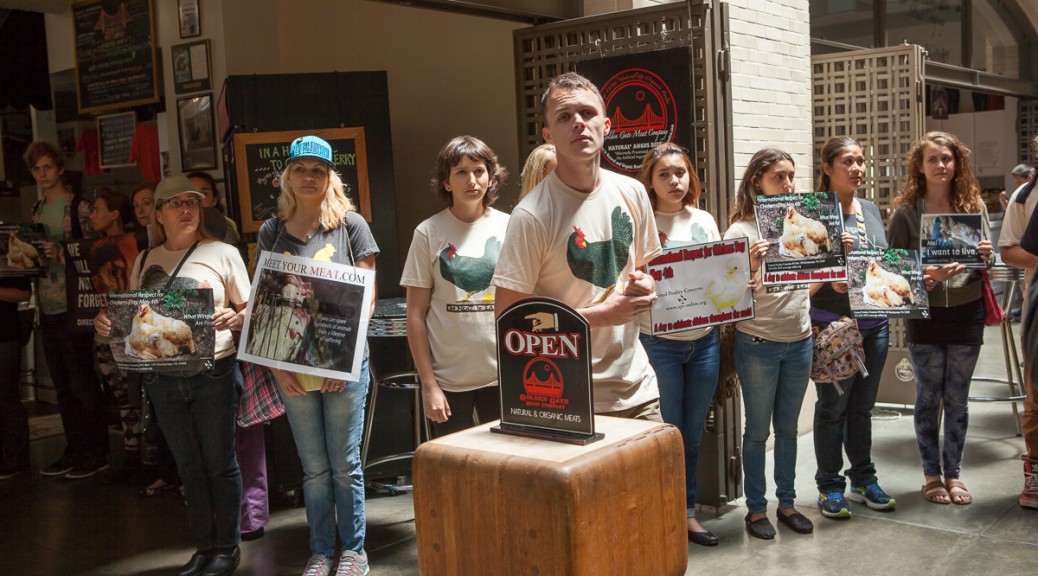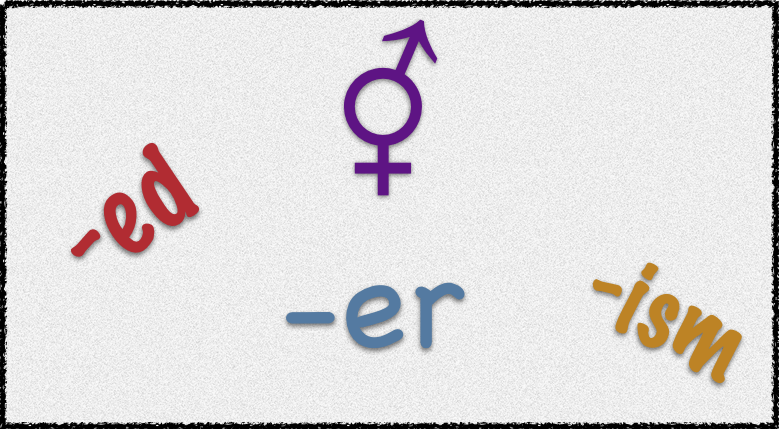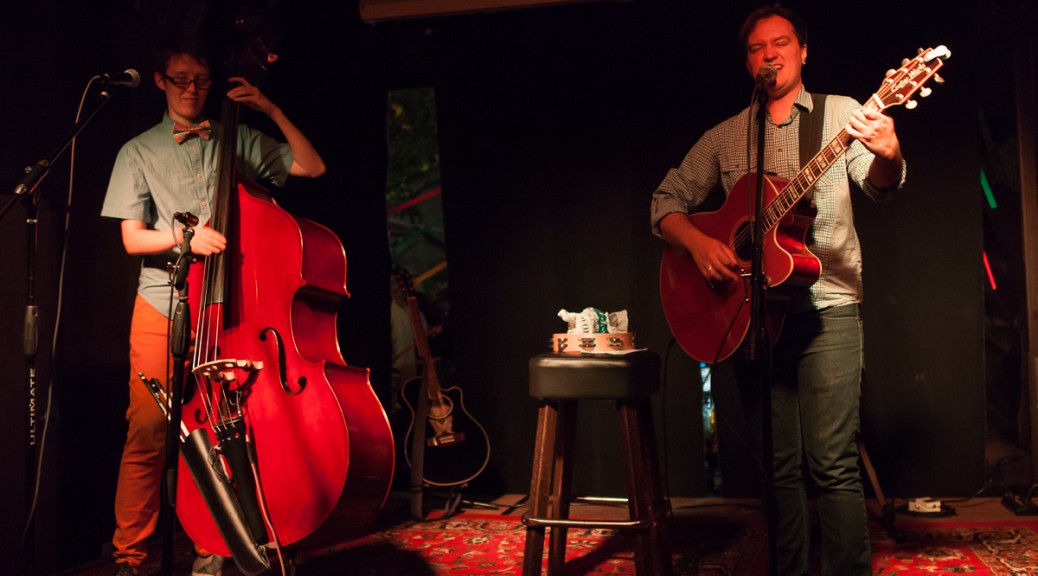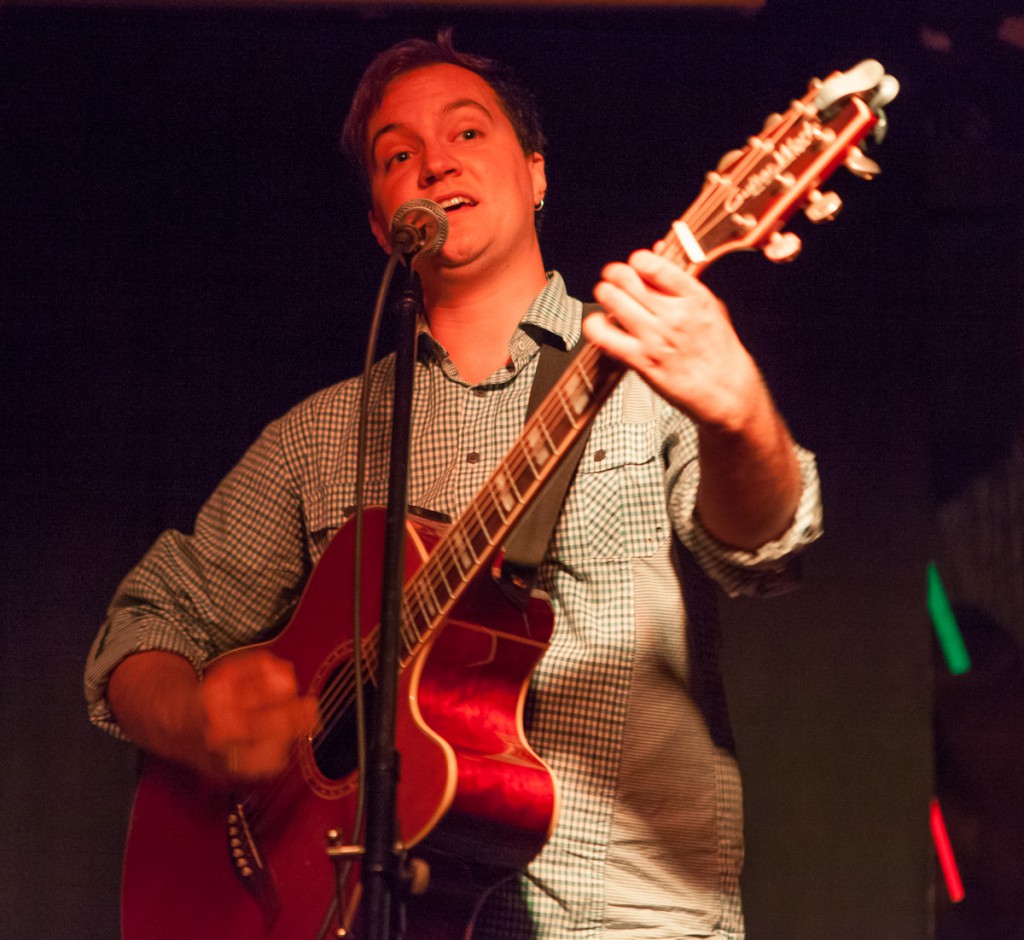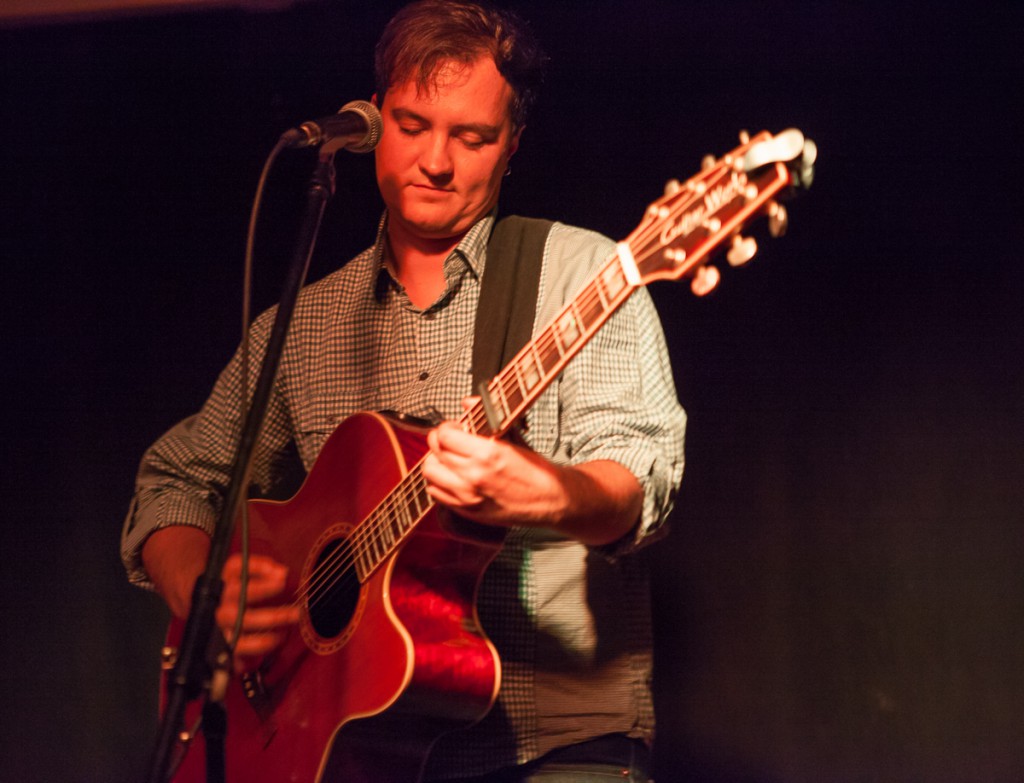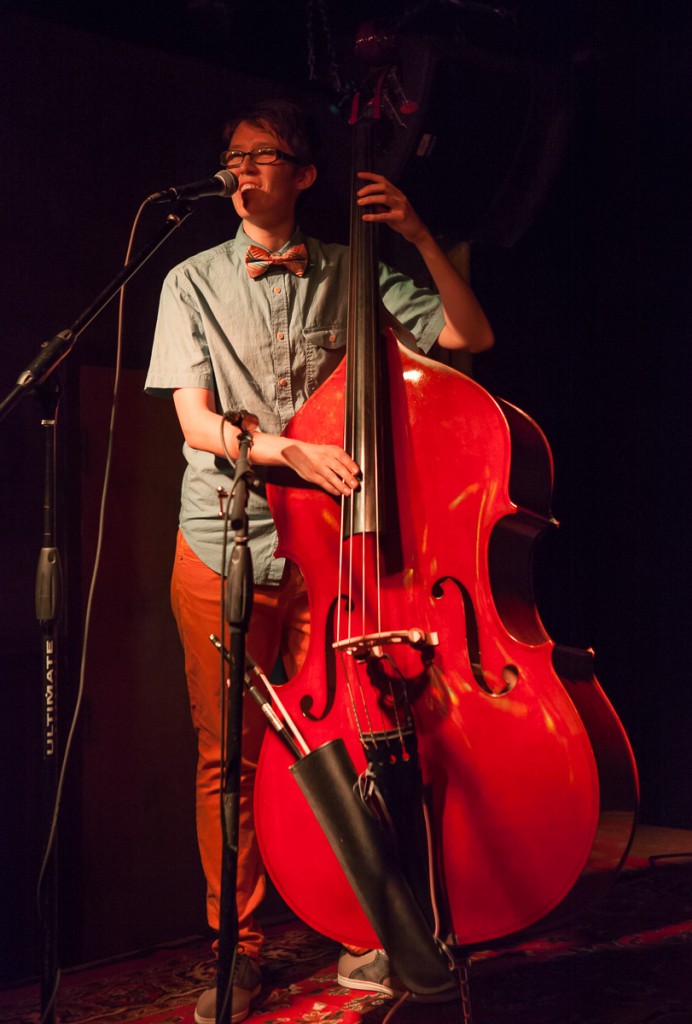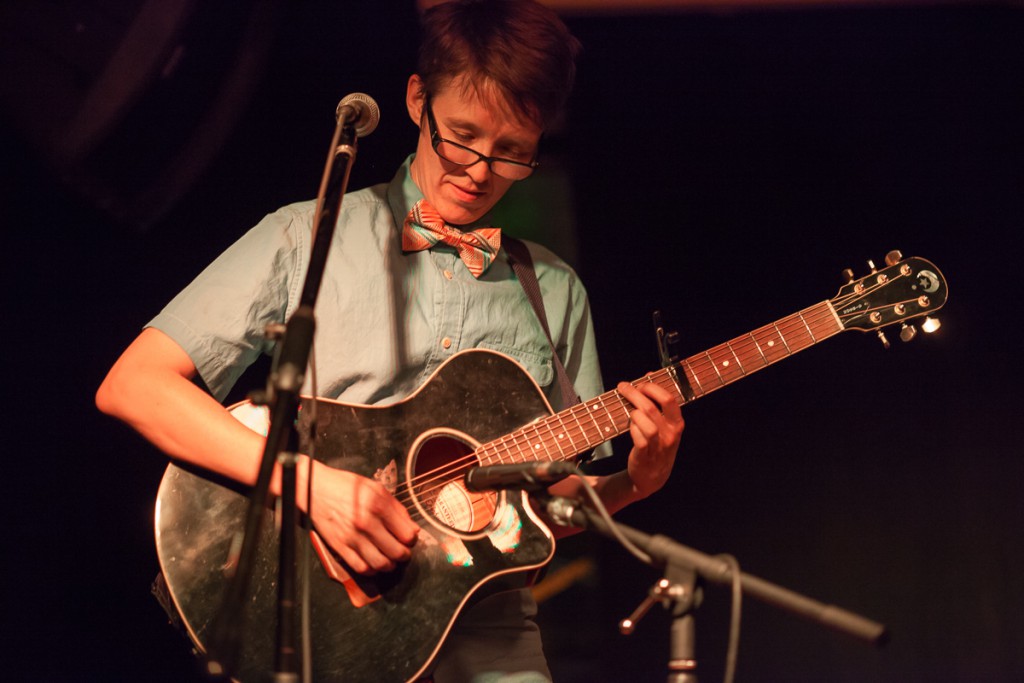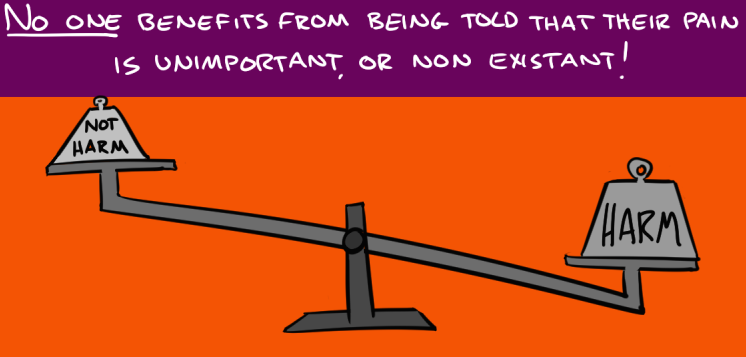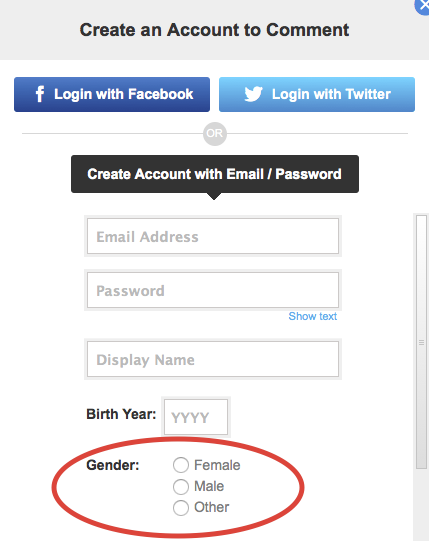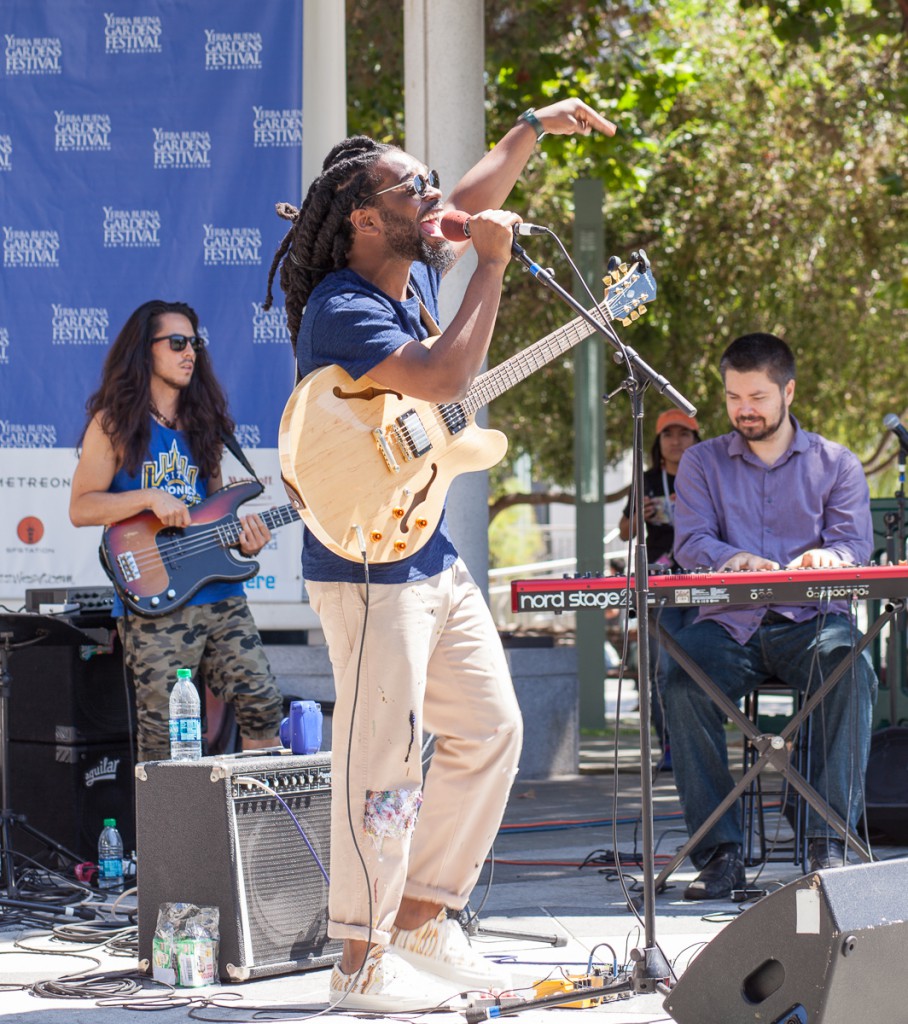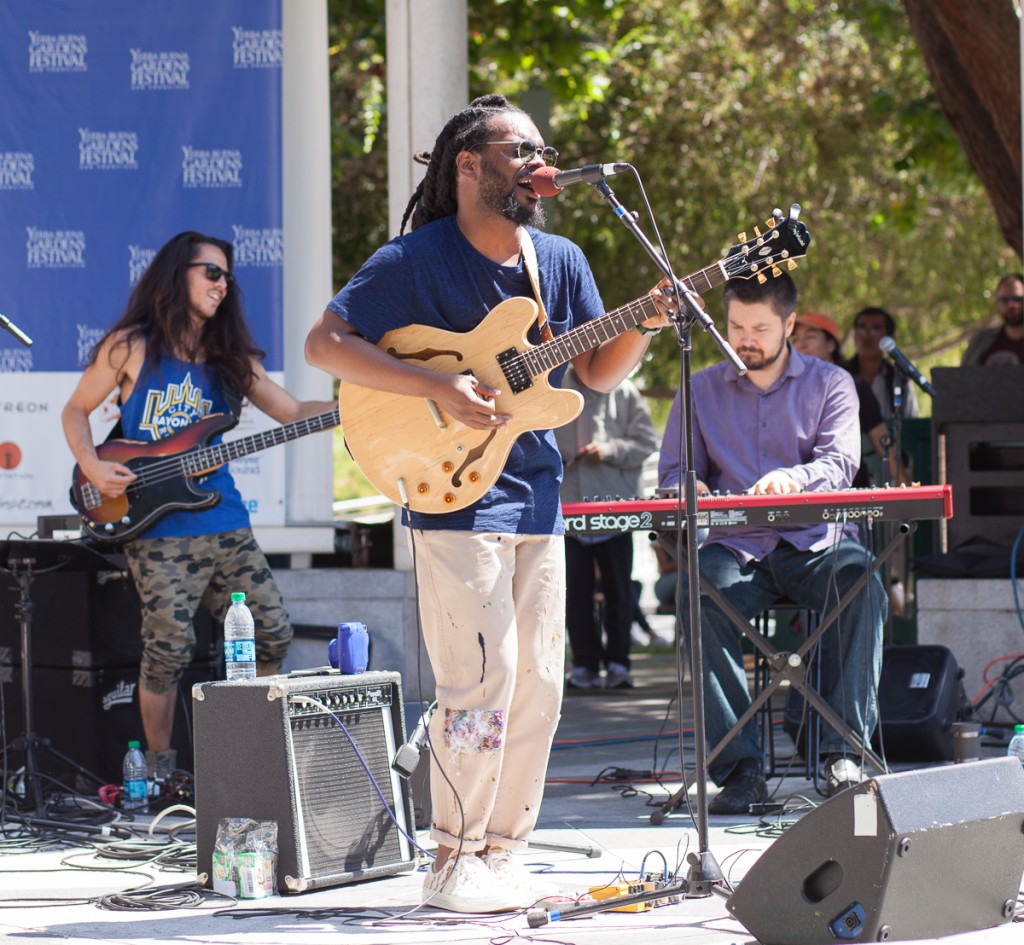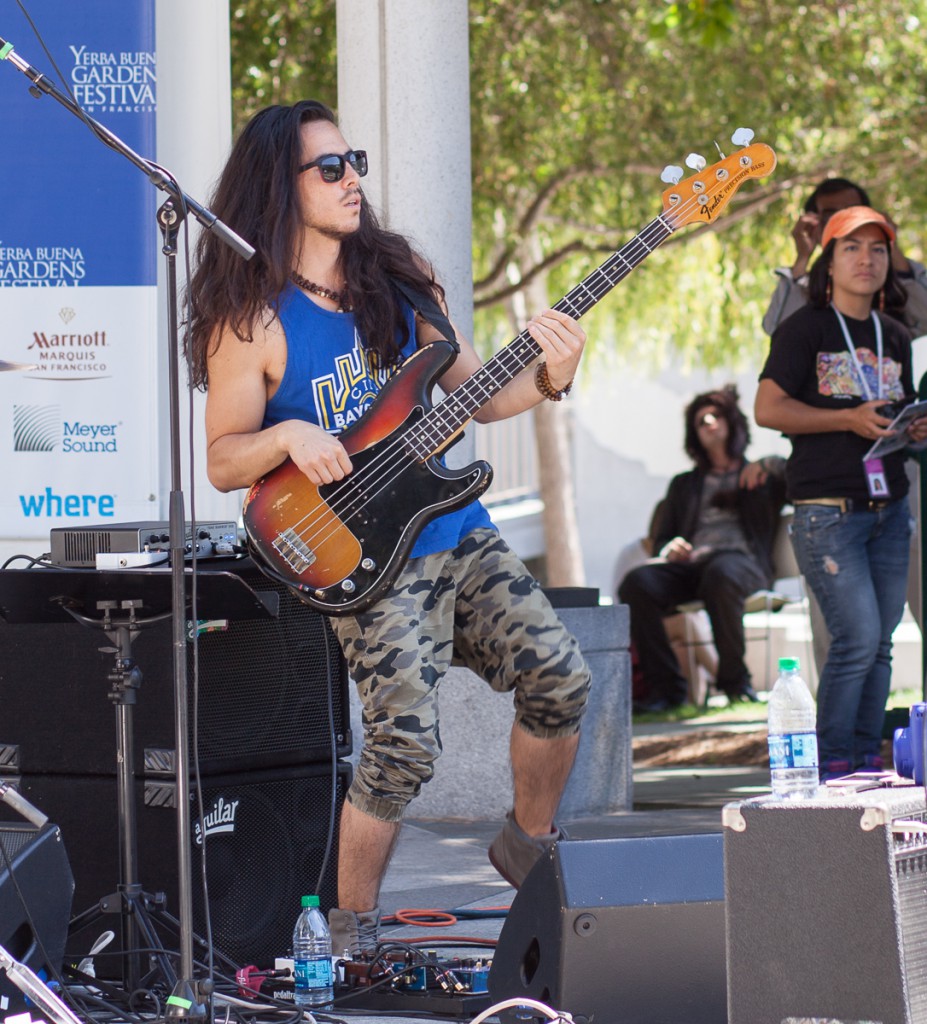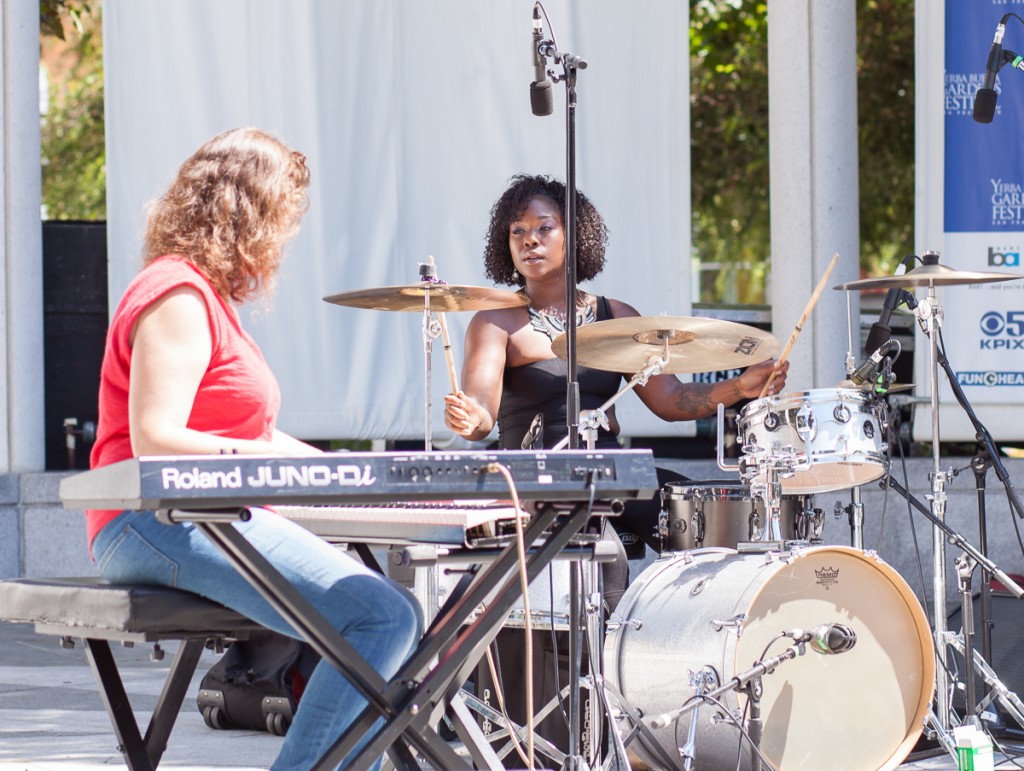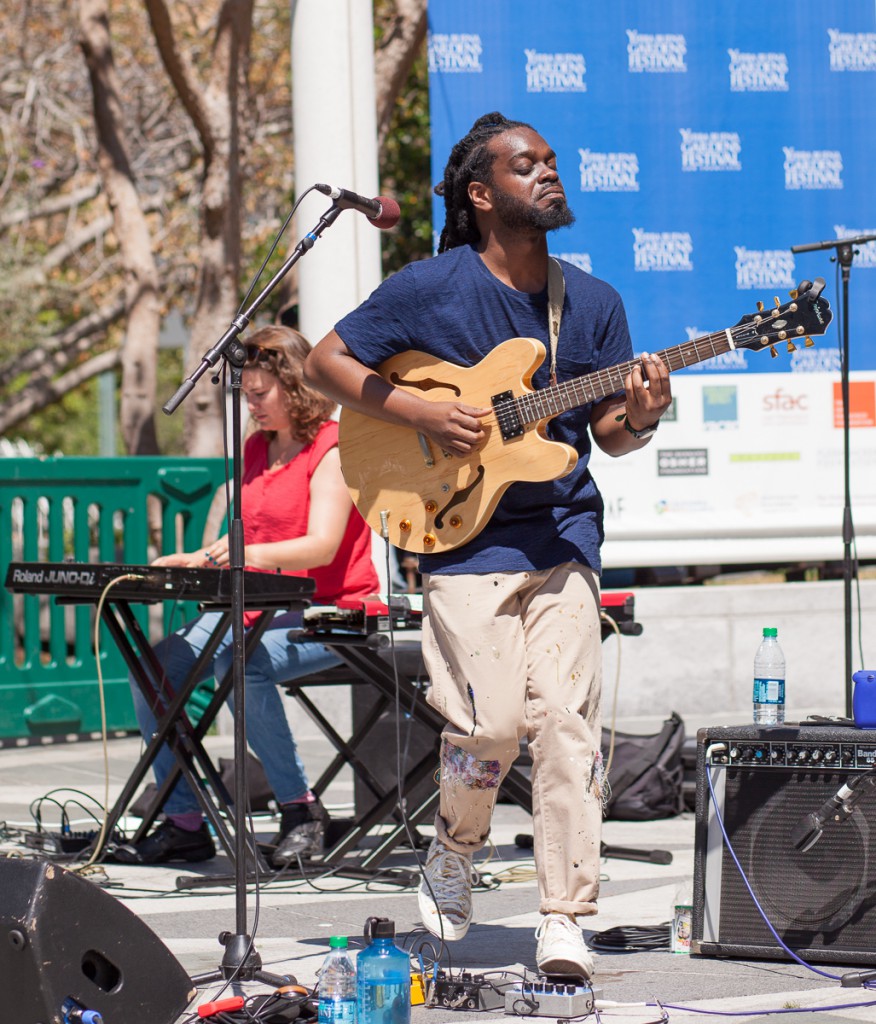[Image: Activists holding signs and wearing T-shirts with chickens on them protest at the Golden Gate Meat Company in San Francisco.]
Edit, July 2016: Since publishing this post I have left Direct Action Everywhere (DxE). My point that it is necessary to openly challenge speciesism remains.
Non-vegans, and even some vegans, often complain that those of us who speak out for the animals are pushing or shoving our opinions down people’s throats. This accusation is levied even against those who simply share information on social media, not just those who attend protests like the one pictured above (a joint UPC/DxE action for International Respect for Chickens Day).*
It’s not surprising that people think this if they see veganism as merely a dietary choice, as it is usually framed. No one likes to be told what to eat. What’s not generally recognized is an animal is a “who,” not a “what;” a person, not a thing. And that person was not given a choice of whether or not to be bred and raised for food for humans to eat.
The opinion that killing and eating animals is normal and natural is so mainstream that most people don’t even acknowledge that it is a belief. The bodies, milk, and eggs of our fellow animals are literally shoved down our throats from infancy. The indoctrination begins in childhood and continues unabated because so few dare to challenge it publicly.
We are surrounded 24/7 by images of the body parts of animals: In advertisements, on social media, at restaurants, and in the homes of our friends and families. We are offered “vegan options” as if veganism is just another dietary choice, like “gluten-free” or “low-carb.” And then we’re told to shut up and stop pushing our opinions, while others smile and laugh and eat body parts all around us.
As horrible as it is to live in a culture that normalizes killing, our fellow animals are the ones that actually suffer for it. Vegans are not an oppressed class. People who call us “selfish” for asking others to stop killing are not respecting that we have an ethical objection to violence. It’s difficult to remain quiet in the face of relentless, unnecessary bloodshed.
Non-vegans who try to give us advice on how to advocate our cause are especially unhelpful. They don’t actually want to help us, they just don’t want their unacknowledged beliefs to be challenged. To paraphrase Vegan Sidekick, I want to reply, “OK, tell me what I should say to convince people to stop killing animals, then I’ll repeat that back to you, and then you’ll go vegan, right?”
It’s really tiring to fight for a cause that is so widely mocked, but I still feel a responsibility to speak out, as an ally to my fellow animals. I don’t care if people think I’m being pushy for calling for an end to the violence. The culture of killing will never change if it is not openly challenged.
* This action, like all of those sponsored by DxE, was peaceful. That hasn’t stopped security guards and customers from pushing, shoving, and kicking nonviolent activists who speak out in their stores and restaurants, as happened at a recent protest.
